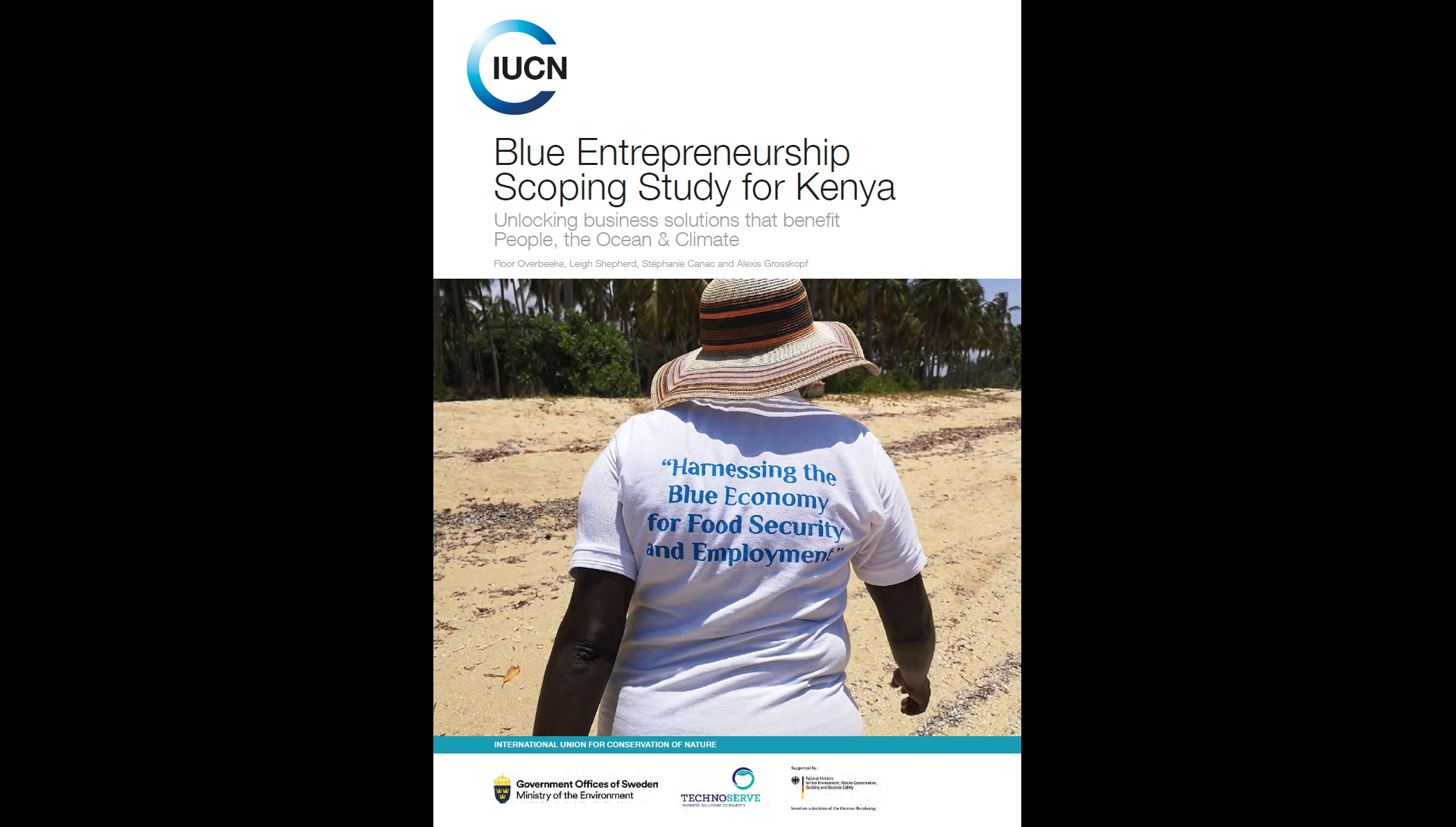11th meeting of the Task Force on Access to Justice under the Aarhus Convention: Outcomes and Prospects
The 11th meeting of the Task Force on Access to Justice under the Aarhus Convention met in Geneva on 27-28 February to assess progress made by the parties to implement the access to justice provisions (“the third pillar”) of the Aarhus Convention in relation to requests for access to environmental information (“the first pillar”). Delegates took note of best practices in this field, considered how to overcome remaining barriers, considered enhanced pan-European judicial co-operation in environmental matters, and agreed on the topic for the next meeting in February 2019.
Over 100 participants attended the 11th meeting of the Task Force on Access to Justice under the Aarhus Convention on 27-28 February in Geneva. For the third time a half-a-day special session for the judiciary, judicial training institutions, and other review bodies was organized. Chaired by Luc Lavrysen, the special session was attended by judges, representatives of judicial training institutions, independent information officers, and ombudsman from 25 countries, including the former Yugoslav Republic of Macedonia, Azerbaijan, Albania, Belgium, Montenegro, Serbia, Belarus, Tajikistan, Bosnia and Herzegovina, Italy, Ireland, Czech Republic, Germany, Guinea-Bissau, Slovenia, Kyrgyzstan, Norway, Kazakhstan, Slovakia, Finland, Latvia, Georgia, Republic of Moldova, Poland, and Kosovo.
The Secretariat of the Aarhus Convention informed the participants on the outcomes of the 6th Meeting of the Parties to the Aarhus Convention in Budva in September 2017 and presented decision VI/3 "Promoting effective access to justice". Eva Duer from UN Environment, Soo-Young Hwang from the UN Office of the High Commissoner on Human Rights (OHCHR), and Jela Bilandzija of the Regional Environment Center (REC) updated the participants on recent developments in pan-European judicial cooperation. The round table discussion was introduced by Thomas Schomerus, Leuphana University Professor and Judge at the Higher Administrative Court, Lower Saxony, Germany. He highlighted the main interpretation questions related to access to information provisions of the Aarhus Convention. In break-out groups an inventory was made of the most common environmental cases that judiciaries in the represented countries are facing. There was much support for a proposal to strengthen pan European judicial co-operation. The idea was developed further in a specific judicial working group on the second day of the meeting. The possibility will be explored to organize in February 2019, back to back with the 12th meeting of the Task Force, a Pan European Judicial Conference on Sustainable Development and the implementation of UNECE environmental conventions by the judiciary.
The Task Force meeting itself was chaired by Jan Darpö, Professor of Environmental Law at and dealt with access to justice in access to environmental information cases. More than 30 speakers took the floor on various aspects of the issue, giving insight into how the issue is tackled in the various member states and at EU level. A more detailed analytical study will be produced on the basis of a questionnaire that has been approved as a working tool. Ragnhild Noer from the Supreme Court of Norway informed the audience by videoconference about international cooperation among the judiciary, presenting inter alia the opportunities through the Global Judicial Institute on the Environment.
It was agreed that the next meeting in February 2019 will focus on access to justice in air pollution cases. The outcomes of the meeting are posted on the UNECE website at https://www.unece.org/env/pp/aarhus/tfaj11.html and more information on the work of the Task Force can be found at https://www.unece.org/env/pp/tfaj/background.html.
by Prof. Dr. Luc Lavrysen,
Justice, Belgian Constitutional Court; President, EU Forum of Judges for the Environment; Member, Interim Governing Committee of the Global Judicial Institute on the Environment






